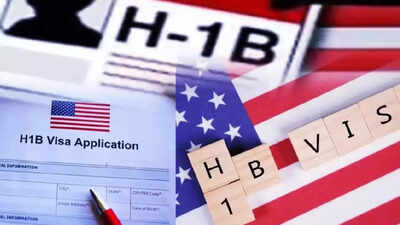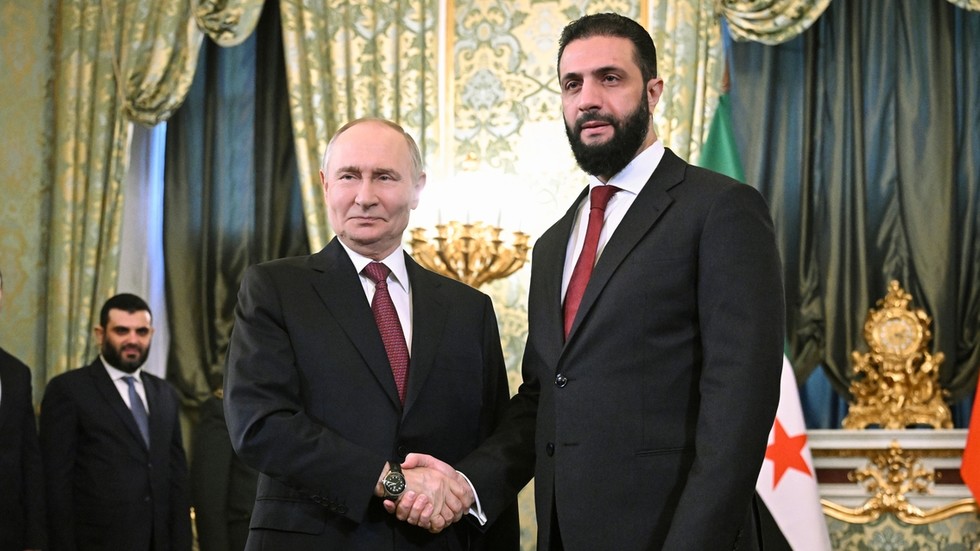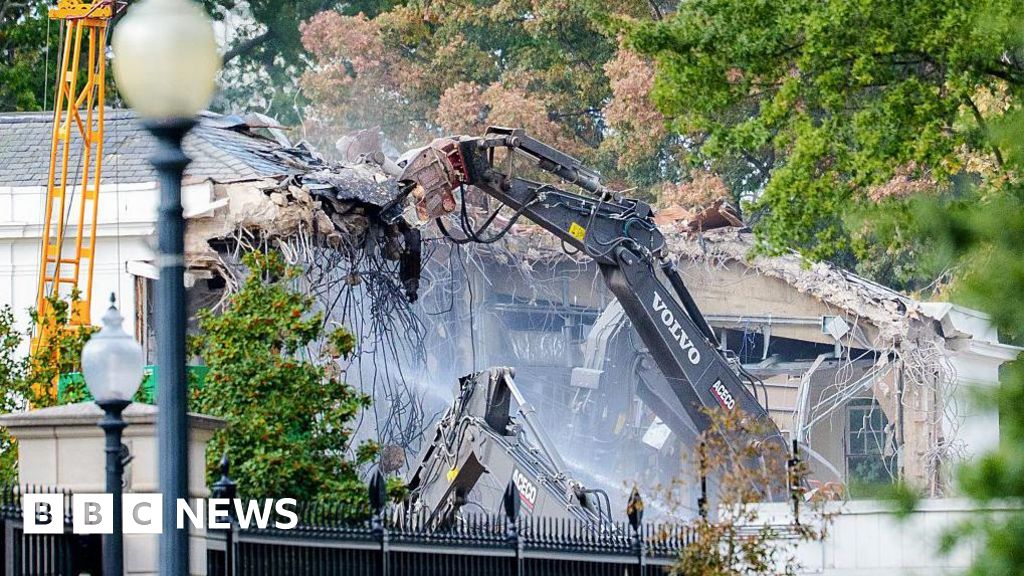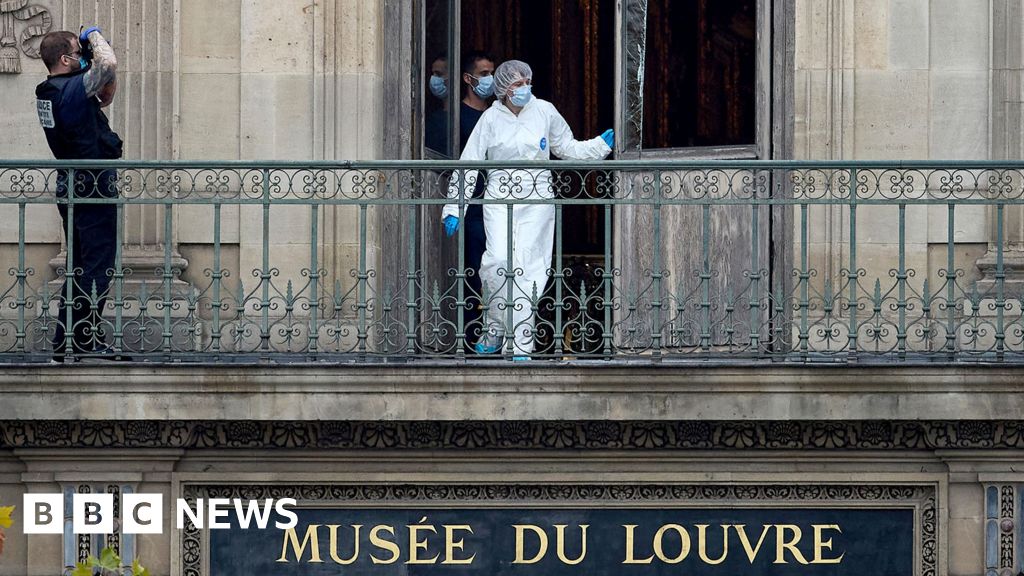
Foreign students studying in the US on F-1 visa do not fall in the category for whom companies will have to pay $100,000 H-1B visa fee.
As the USCIS issued further clarification on who is exempt from the $100,000 H-1B visa fee, several Indian lobbies and immigration attorneys celebrated the 'massive loophole' that makes students on an F1 visa exempt from the fee.
The USCIS clarified that individuals who are already in the United States and are seeking a change of status to an H-1B, extension of stay or amendment (a change in the employer) won't require the fee. "MASSIVE loophole. You come as a visitor/student/other nonimmigrant visa, you don't need to pay the fee, even if you travel afterward to obtain an H-1B visa," immigration lawyer Charles Kuck posted in X.
Indian-origin techie Deedy Das wrote: "HUGE Immigration News! $100k H-1B fee will not apply to students changing their status from F-1. That mainly targets WITCH IT companies that do this, who are planning on using the L-1 instead. If you studied in the US, the fee doesn’t affect you. I’m now positive on this rule!"
Is it a loophole?
According to experts, it is not a loophole and the $100,000 H-1B visa fee policy targets foreign graduates, not those who study in the US.
In fact, this will bring back foreign students to the US in a reversal of the present trend of students choosing universities in the UK, Germany, or Ireland instead of US universities due to uncertainties.
OPT to H-1B
Optional Practical Training is a program that allows international students in the US on an F-1 visa to work temporarily in their field of study after graduation. The OPT status can continue for a year after graduation and can be extended for STEM students for another two years. If they have to change their status to H-1B, once they are hired by companies, the companies will have to pay the normal fee, not the $100,000.

 4 hours ago
1
4 hours ago
1










 English (US) ·
English (US) ·